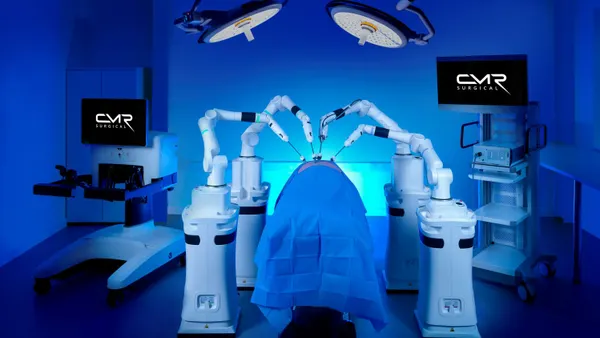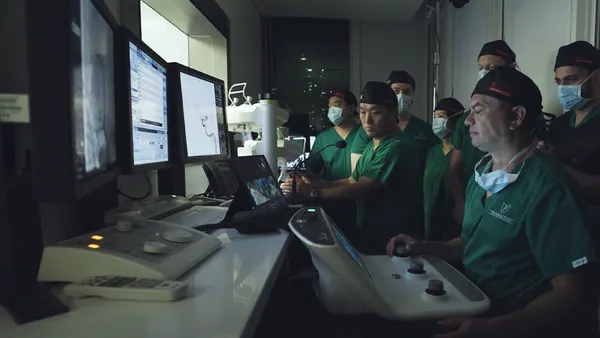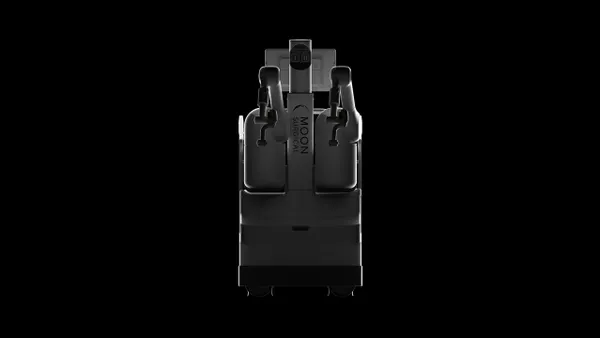Dive Brief:
- Medtech Life Spine said Thursday it agreed to pay the government $5.5 million to settle allegations it used consulting fees and other payments to induce use of its devices. Life Spine allegedly spent more than $7 million on such fees and failed to fully comply with the reporting rules set out in the Physician Payment Sunshine Act, according to the Department of Justice.
- Executives Michael Butler, Life Spine's founder, president and CEO, and Richard Greiber, vice president of business development, settled for $375,000 and $115,000, respectively. Judge Jed Rakoff of the U.S. District Court for the Southern District of New York approved the deal on Wednesday.
- Life Spine and its executives admitted to and accepted responsibility for certain allegations of misconduct but the company noted the government's complaint didn't question the quality, safety, or effectiveness of Life Spine products.
Dive Insight:
The DOJ sued Huntley, Illinois-based Life Spine in July, alleging the privately held company paid kickbacks to surgeons in violation of the Anti-Kickback Statute.
The government alleged Life Spine failed to report some of the $7 million it paid to surgeons from 2012 to 2018, putting it in violation of the Physician Payment Sunshine Act. The surgeons who received the kickbacks accounted for approximately half of Life Spine's domestic sales of spinal products from 2012 through 2018, the government said.
The company admitted it entered into agreements between 2012 and 2018 with dozens of surgeons and paid these surgeons, and entities owned in whole or in part by the surgeons, millions in consulting fees, royalties and intellectual property acquisition payments. Most of the surgeons who received these payments substantially increased their usage of Life Spine products as a result of these agreements, according to the settlement agreement.
LifeSpine also acknowledged it compared its payments to each surgeon to their purchases of its devices and calculated the return on investment on Life Spine's payments to each of these surgeons, sorting the surgeons from highest to lowest ROI. It also admitted that when the surgeons' usage decreased, senior sales managers would contact the surgeons, or their distributors, to encourage the surgeons to use Life Spine products more frequently.
For his part, Butler accepted responsibility for identifying and retaining some of the surgeons who were also paid consultants for the company and would contact the surgeons or their distributors to urge more frequent use of Life Spine products when the surgeons' use decreased.
And Greibler admitted he was one of the managers responsible for reviewing the qualifications of, selecting, and approving surgeons who served as company paid consultants. He also admitted he was one of the company managers who signed an intellectual property purchase agreement for a static compression plate owned by a company associated with a surgeon who accounted for more than $3.7 million in Life Spine product sales between 2012 and 2016.
Life Spine's devices, used to surgically treat spine disorders, are now sold in 30 countries, including Vietnam and parts of South America, part of a global expansion the company touted earlier this year even as it was being sued by the government.
The company received 510(k) clearance in late July for the 8mm to 10mm widths of its Prolift Expandable Spacer System.












